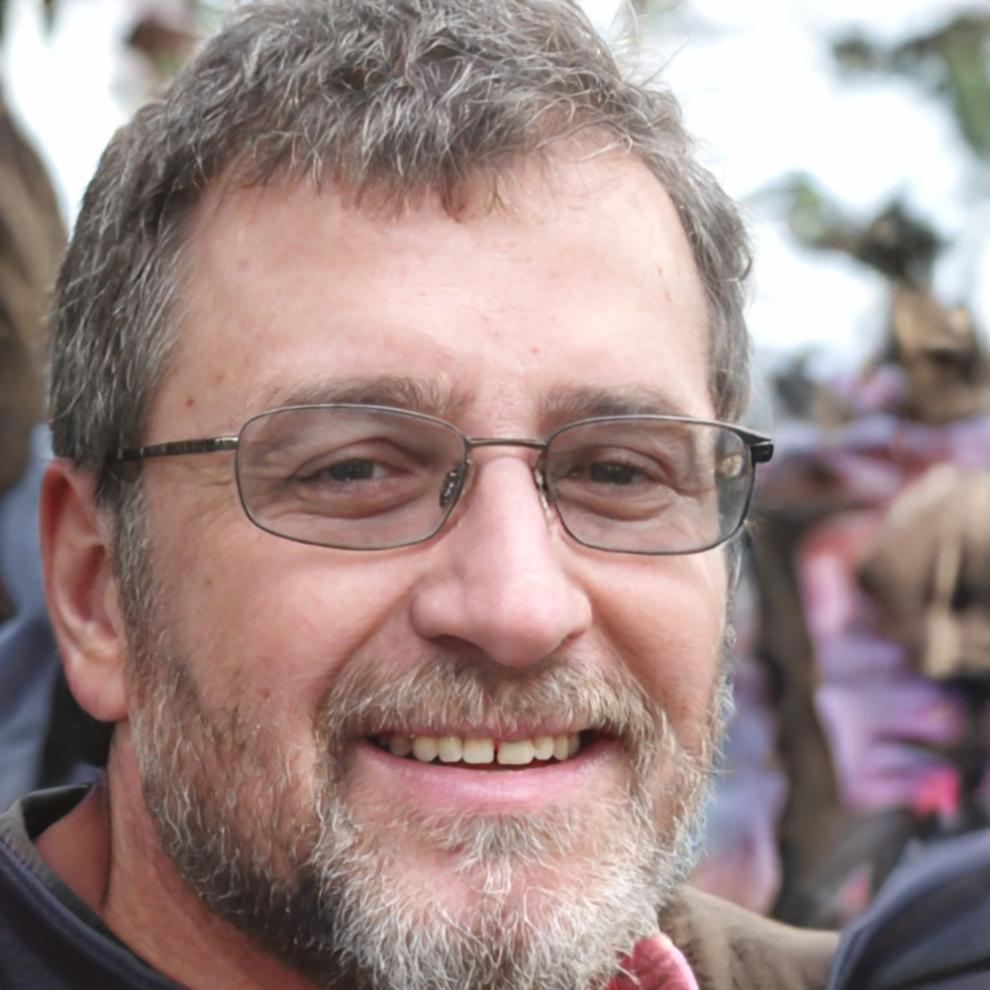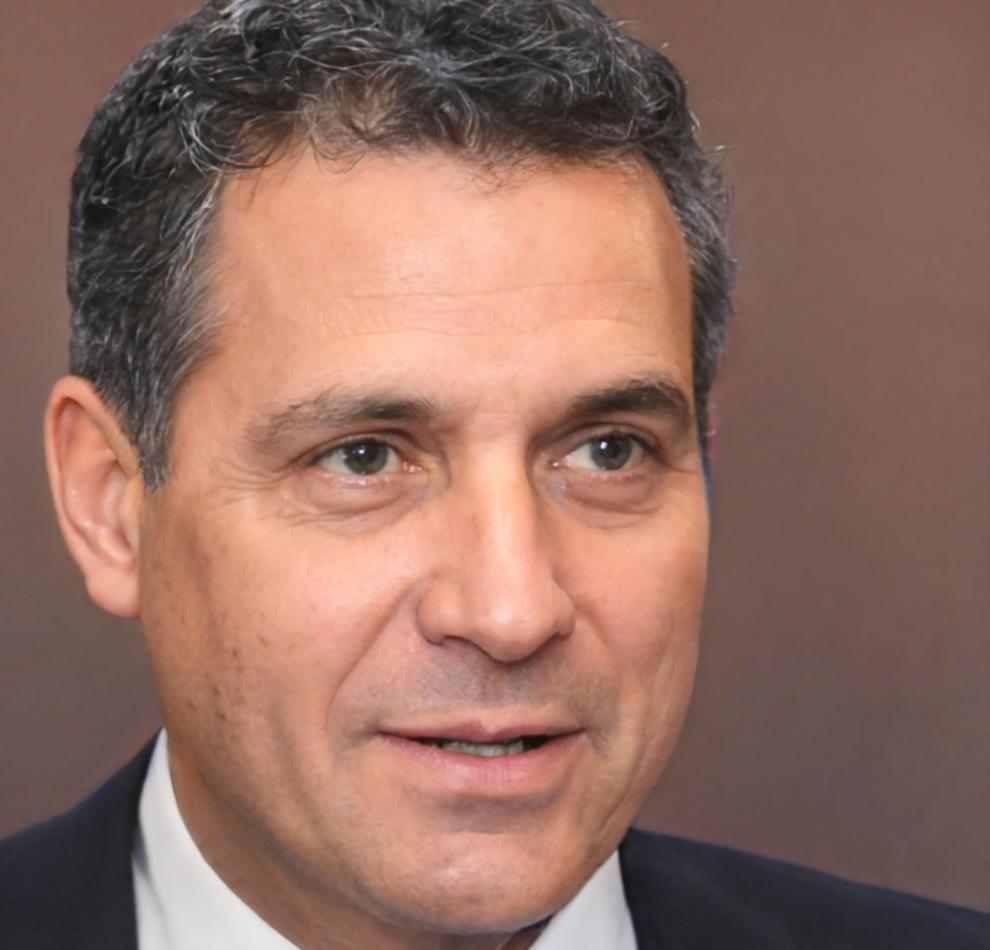Game Development Foundation Course
A practical eight-month program starting October 2025. We're focusing on building actual skills through real project work—not just theory. This is about learning how games actually get made.
Request Program Details
What This Program Actually Covers
Look, the game industry doesn't need more people who only know theory. We built this program around projects you'll actually complete—small ones at first, then gradually more complex as you develop your skills.
You'll spend roughly 15-20 hours weekly working through Unity fundamentals, C# programming basics, and 2D game mechanics. The pace is steady but manageable if you're willing to put in consistent effort.
Program Timeline
Eight months from October 2025 through May 2026. Classes run Tuesday and Thursday evenings, with weekend lab sessions available for those who need extra workspace time.
How The Learning Progresses
We break the eight months into four phases. Each one builds on what came before, but you're always working on something tangible.
Foundation Tools & Basic Mechanics
First two months cover Unity interface, basic C# syntax, and simple game loops. You'll build a basic platformer and a simple puzzle game. Nothing fancy yet—just getting comfortable with the tools and understanding how game objects interact.
Intermediate Systems & Player Experience
Months three and four introduce UI systems, save data handling, and basic AI behaviors. Your projects get more interesting here—maybe a small roguelike or a twin-stick shooter. This is where things start clicking together for most students.
Polish & Audio Integration
Month five focuses on what makes games feel good to play. Sound design fundamentals, particle effects, screen transitions. Students often say this phase completely changes how they think about game feel and player feedback.
Portfolio Project Development
Final three months you'll develop one complete game from concept through completion. We provide guidance and feedback, but the direction is yours. Past students have created everything from narrative adventures to arcade-style action games.
Who Teaches This Program
Three developers who've shipped actual games and know how to explain complex topics without the usual industry jargon.

Casper Thornvik
Unity Systems
Spent six years building mobile games before switching to education. Known for breaking down complicated systems into understandable chunks. His specialty is helping students understand why code is structured the way it is.

Rania Volkov
Game Design & Mechanics
Worked on indie titles that actually got published and played. She teaches the design side—how to make mechanics that are fun rather than just functional. Her feedback on student projects tends to be unusually specific and helpful.

Dimitri Weaver
Programming & Architecture
Former software engineer who moved into game development five years back. Handles the deeper programming concepts and code organization. Students appreciate that he actually answers their questions instead of just pointing them to documentation.
